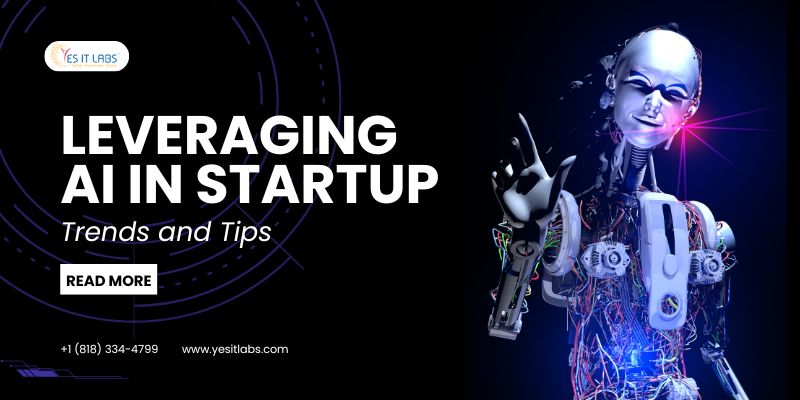
 By Admin
By Admin Exploring the World of Computer Applications: From Basics to Advanced
In today’s digital age, the role of computers has transcended mere computation and data processing. Computer applications have become an integral part of our daily lives, revolutionizing the way we work, communicate, learn, and entertain ourselves. From simple word processing to complex data analysis, computer applications have reshaped industries and empowered individuals. In this blog, we’ll delve into the fascinating world of computer applications, covering everything from the basics to the most advanced applications that are shaping our future.
Understanding Computer Applications
Computer applications are software programs designed to perform specific tasks or functions on a computer or other digital devices. These applications are developed to cater to various needs and purposes, ranging from personal use to professional and industrial applications. They encompass a wide range of software types, including productivity tools, entertainment software, educational applications, and more.
Types of Computer Applications
- Productivity Applications: These are perhaps the most commonly used computer applications. They include word processors (Microsoft Word, Google Docs), spreadsheets (Microsoft Excel, Google Sheets), presentation software (Microsoft PowerPoint, Google Slides), and other tools that aid in creating, editing, and managing documents.
- Communication Applications: Email clients, instant messaging apps, and video conferencing tools (Outlook, Gmail, Zoom) fall under this category. They enable seamless communication and collaboration across the globe.
- Creative Software: Graphic design applications (Adobe Photoshop, Canva), video editing tools (Adobe Premiere Pro, Final Cut Pro), and music production software (Ableton Live, GarageBand) are used by professionals and hobbyists to create captivating content.
- Entertainment Software: Video games, multimedia players (VLC, Windows Media Player), and streaming platforms (Netflix, Spotify) provide entertainment and relaxation.
- Educational Applications: E-learning platforms and educational software (Khan Academy, Duolingo) offer interactive learning experiences, making education more engaging and accessible.
- Utility Software: These applications serve specific functions, such as antivirus software (Norton, McAfee), file compression tools (WinRAR, 7-Zip), and disk optimization utilities (CCleaner).
Impact on Industries
Computer applications have transformed industries by streamlining processes, increasing efficiency, and enabling innovation. In the business sector, applications like customer relationship management (CRM) software and enterprise resource planning (ERP) systems have revolutionized how companies manage operations and interactions.
In healthcare, electronic medical records (EMR) and telemedicine applications have improved patient care and made medical services more accessible. The finance industry relies on applications for online banking, stock trading, and financial analysis.
Emerging Trends and Future Applications
- Artificial Intelligence (AI) and Machine Learning (ML): AI-powered applications are becoming increasingly prevalent. Virtual assistants like Siri and Alexa, recommendation systems on streaming platforms, and autonomous vehicles are all fueled by AI and ML algorithms.
- Virtual and Augmented Reality: VR and AR applications are transforming industries like gaming, education, architecture, and tourism. They provide immersive experiences that bridge the gap between the digital and physical worlds.
- Blockchain Applications: Blockchain technology goes beyond cryptocurrencies. It is now used for secure digital identity verification, supply chain transparency, and smart contracts.
- Quantum Computing Applications: While still in its infancy, quantum computing has the potential to revolutionize fields like cryptography, optimization, and drug discovery.
Challenges and Considerations
As computer applications become more sophisticated, several challenges arise:
- Security and Privacy: The increasing reliance on applications exposes users to potential security breaches and privacy concerns. Developers must prioritize robust security measures and data protection.
- Compatibility and Integration: Ensuring that different applications work seamlessly together can be a complex task, especially as technology evolves.
- User Experience: Developing applications that are intuitive and user-friendly is essential to ensure widespread adoption and positive user experiences.
Conclusion
The world of computer applications is vast and ever-evolving. From simplifying daily tasks to revolutionizing entire industries, these applications have become the backbone of modern society. Whether you’re a casual user or a professional, understanding the different types and trends in computer applications can empower you to make the most of this digital age. As technology continues to advance, we can only imagine the incredible innovations and applications that will shape our future.
Tags: Computer Applications, educational applications, entertainment software, entertainment software development, media & entertainment software development, media and entertainment software, media and entertainment software development, Mobile ApplicationsLatest Resources
Top Frameworks for Cross-Platform App Development in 2025
January 22, 2025
A Guide to Types of Artificial Intelligence (AI)
January 14, 2025
Key Benefits of React Native App Development
January 7, 2025
Leveraging AI in Startup Software Development: Trends and Tips
December 30, 2024
Mobile Optimization for Shopify Apps: Best Practices
December 23, 2024











 Services
Services

